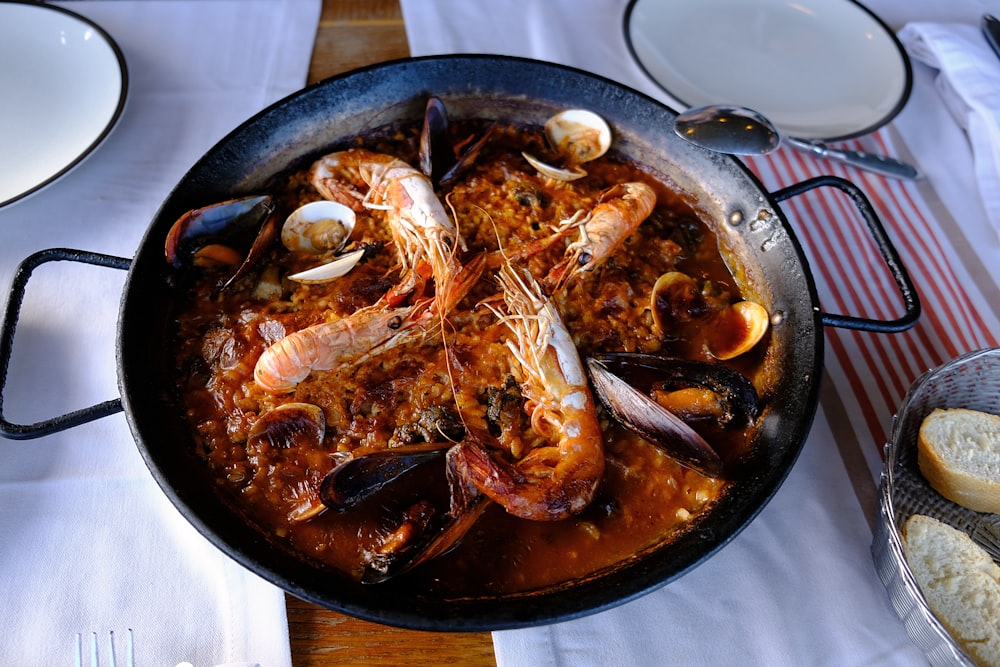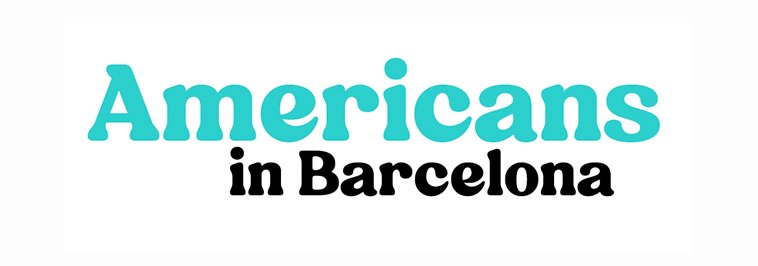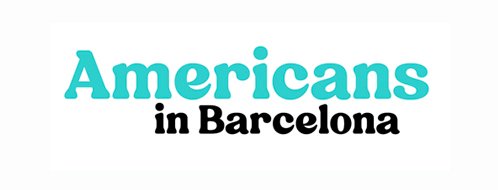If you are looking for a traditional Spanish restaurant where to have lunch (those who are not the fanciest but which offer the most delicious and local food) on workdays here is the best option: order Menú del Día. But what is Menu del Dia?
But let’s start from the beginning…
What is a Menu del Dia?
Menú del Día is the special menú that some restaurants offer from Monday to Friday which include dishes at a cheaper price. So specifically this menu includes:
- Drink (doesn’t include refill or expensive options such as selected wines)
- Starter (in general there are different options to choose: salad, soup, etc.)
- Main dish (you can choose a dish out of diverse options: fish, meat, pasta, etc.)
- Dessert/coffee (some include all of them, but also others include only the drink, and others make you choose between dessert or coffee).
And if it happens to be Thursday, you are in luck: on Thursdays Paella is one of the dishes included in the menu!

What is the price of this Menú del Día?
What makes this menu special is the fact that it is pretty cheap, if we take into account the amount of food you end up eating. Depending on the area of Spain, the price of Menú del Día might vary, but you can find them between a price range of 9€ to 15€, in general. It is way cheaper than ordering “a la carta” (a dish out of the Menú del Día).
The Menú del Día is usually announced at the entrance of the restaurant, with the diverse dishes offered and also the menu price.
When and why was it created?
And here comes the interesting fact: when and why was Menú del día created? It was created in the Middle Ages…
Menú in the Middle Ages
In the Middle Ages, the noble diners in the Council of Counts used to choose what to eat from a wide list of dishes. So that is something similar to what we now call “Menu” or even “Menú del Día” in which each day you have different options of starters and main courses. But actually the very first menu in history was created in 1849 by the German duque Enrique de Brunswick on the occasion of a banquet offered in honour of Count Hans de Monforte.
Menú turístico during Francoism in the 60s
But most recently, we found something that might surprise you: In Spain, Menú del Día is linked to Francoism. How come? It actually comes from a tourist menu imposed in the 60s by Ministery of Information and Tourism. During that decade, Spain experienced a tourist boom and the government created promotion policies under the slogan Spain is different.
Specifically, in 1864 the “Menú turístico” was created and the government forced the restaurants to offer a menu with diverse dishes which also were traditional (tortilla de patatas, paella, etc.). It had to include a first and second dish, dessert and drink.
Menú del Día today
In general, Menú turístico was a failure, and it was not until 1981 that the government price regulations of the menu were removed and the Menú turístico was renamed as Menú de la Casa, and has ended up being the Menú del Día that you have probably heard of. The European directive 2006/123/CE made it necessary to review the tourism legislation in Spain, thus repealing the mandatory law in 2010. So today restaurants are not forced to offer a Menú del Día, as they did decades ago.
Why do we recommend having Menú del día if you have the opportunity?
We love to explore different dishes from cuisines around the world. But if you are visiting Barcelona, we highly recommend you to have “Menú del Día” for lunch if you have the opportunity. This means that you will enjoy food at a reasonable price, and the best part, traditional and familiar restaurants are known for serving generous and local food through their Menús del Día. So what about enjoying delicious local food, and at the same time supporting the small businesses? :-)

